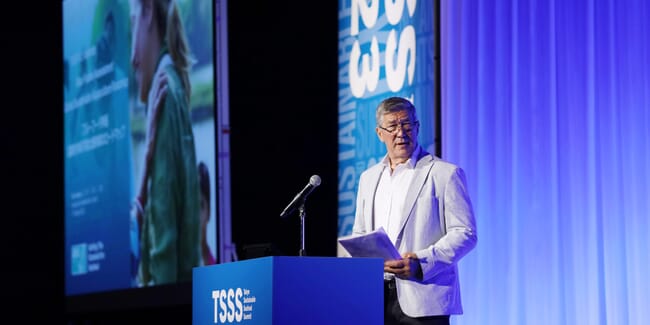
© ASC
The revisions include the release of a new ASC Farm Standard, an updated Feed Standard, and new Certification and Accreditation Requirements (CAR), all aimed at streamlining certification and enhancing industry-wide environmental and social responsibility.
ASC CEO Chris Ninnes expressed his thanks to all collaborating stakeholders, saying: "The development of the ASC Farm Standard spanned more than five years and has been a monumental effort made possible by the collaboration and hard work of ASC staff, auditors, NGOs, farmers, retailers, and many other partners. Their collective input has helped shape a standard that provides greater consistency across the species we certify, embraces the innovation that has become established in seafood farming and addresses shortcomings inherent in the legacy standards."
The new ASC Farm Standard consolidates previous species-specific standards into a single, unified framework based on four key principles: legal compliance, environmental stewardship, human rights protection, and responsible animal health and welfare. Developed through extensive stakeholder consultations, the new standard will launch in Q2 2025, with a two-year transition period before becoming mandatory in May 2027.
"With the addition of dedicated coverage of animal welfare and recognising advances in how to address social and environmental impacts, the Farm Standard will support the industry’s transformation toward greater sustainability and accountability. The ASC Farm Standard is truly a testament to the power of collaboration and industry-wide effort," commented Ninnes.
Meanwhile, the updated Feed Standard, set to take effect in November 2025, incorporates new greenhouse gas reporting requirements, deforestation-free sourcing criteria, and improvements to the ASC Greenhouse Gas Calculator.
The new version of the CAR includes a number of improvements including streamlining the audit process from application to certification, simplification of group requirements, updates to critical non-conformity actions, amendments to auditor competency, and an amended unannounced audit programme based on number of clients.
ASC’s programme updates reflect growing global demand for sustainable seafood and responsible feed production. By aligning certification requirements with evolving industry and regulatory expectations, ASC continues to support producers, retailers, and consumers in advancing responsible aquaculture practices worldwide.




